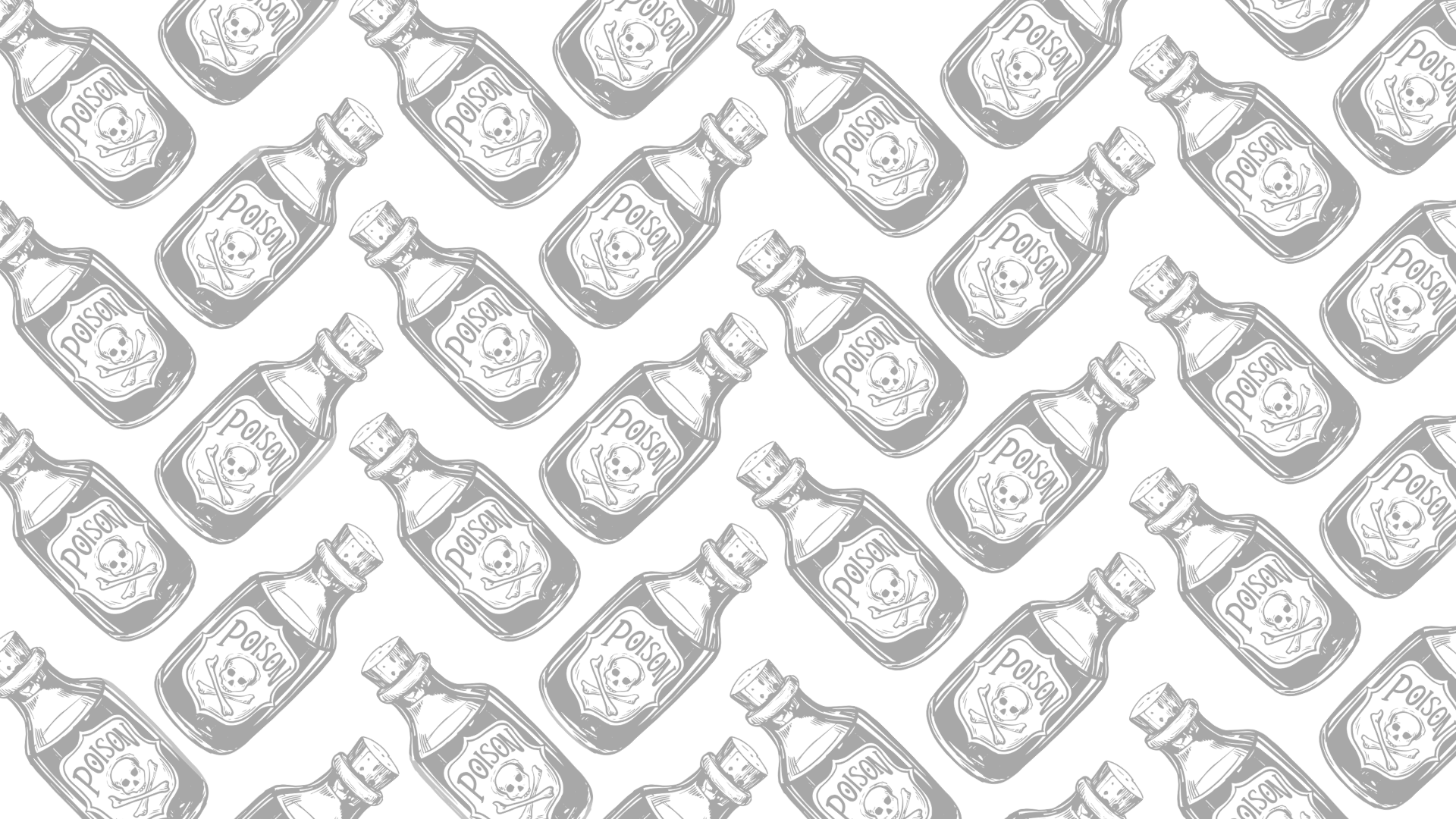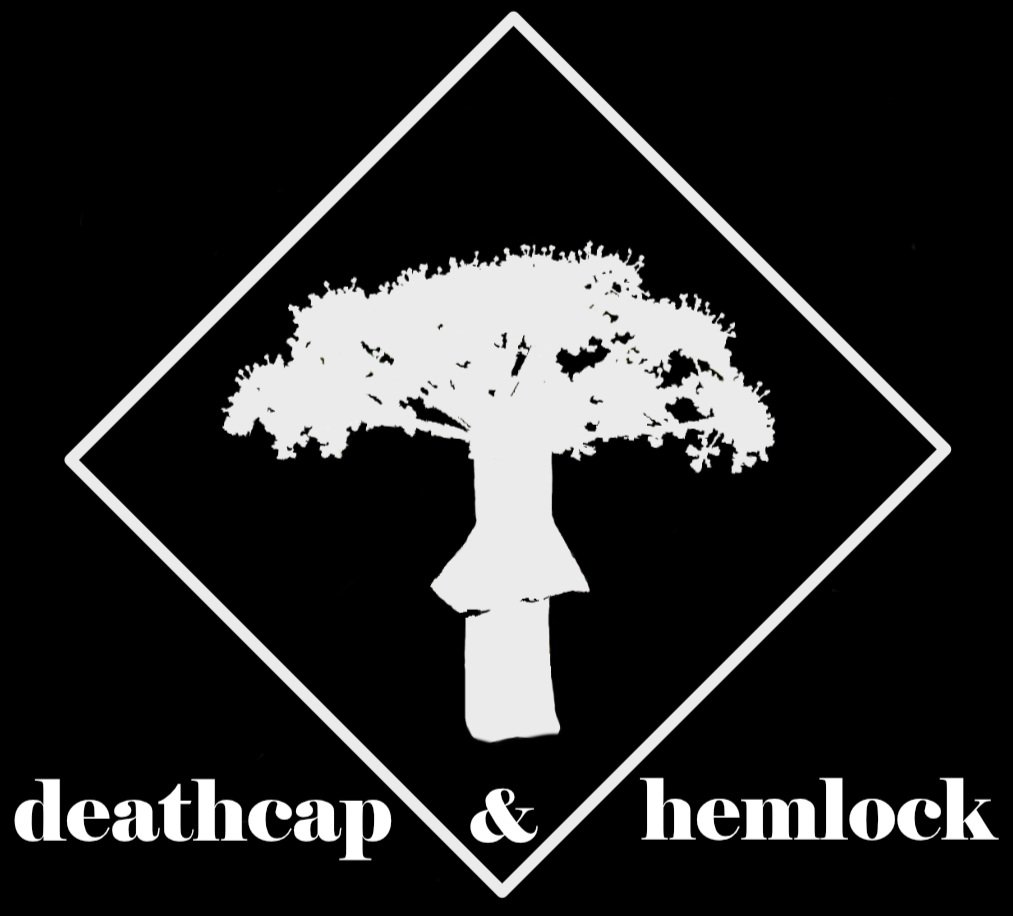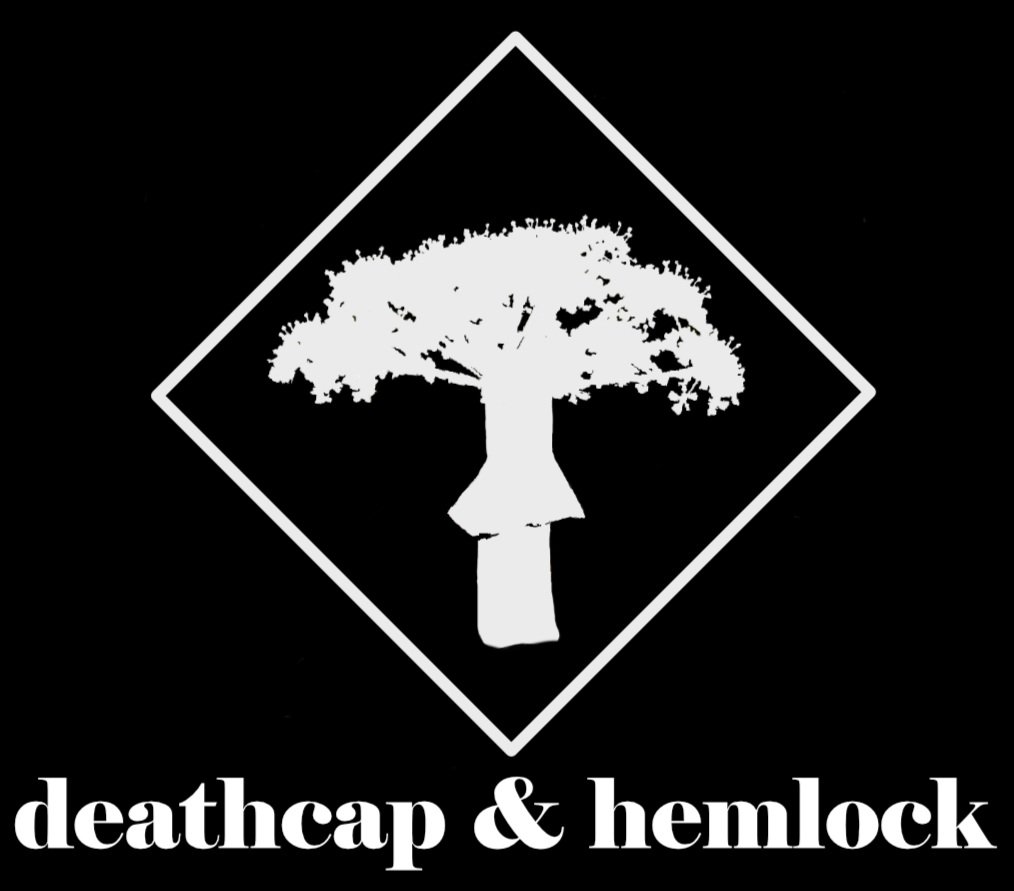A New Form of Communion
Kurt Van Ristell
This is a rather simple recipe, and one which has remained within our family for generations; its preparation is second-nature to me, and whilst I shall strive to outline its full process and ingredients, do forgive if—here or there—I might ask of you something unexpected.
Ingredients
Six each of both types of oyster.
A generous grasp of salt (it is a salty dish, and as such, adversarial on the palate, but salt is a purifying mineral, and its inclusion is necessary in staving undesirable results.)
Three heapings of garden shallots, leeks, or onions in any combination thereof.
The haunch, neck or hoof of an animal you have reared. I find rabbits the simplest, as they multiply with vigour, and are easiest to butcher.
A bulb of market garlic. NOTE: it is vitally important this ingredient is sourced from a farmstead, field or foraging spot as reasonably distant from your homestead as is possible! It is widely understood that garlic produces in its oils, a potent ward against those who would do us harm. The farther travelled your bulb, the farther diminished this effect will be. We do not wish to over-protect ourselves with this recipe. Quite the opposite! A journey of six-thousand paces ought be ideal.
One bowl, brim-full with mulched garden or market herbs. Sage, rosemary, thyme, parsley—the usual. Chervil, lungwort and feverfew all acceptable, also. As with garlic, select your herbs in balance. Market bunches are less efficacious, and may offset the effects of any over-potent alliums.
Lastly, an assortment of pantry essentials: tallow, butter, goosefat, flour. Feathers. The crumb of a stale loaf, a rind of cheddar, etc etc etc.
Method
Aha! We are here at last! Now as I have said, this recipe is rather simple, but not without its idiosyncrasies. We shall presume your herbs are ground to a claggy mulch by now. There should be a pleasant aroma filling your kitchen. Savour it, and set aside your pulp.
Using a well-honed knife, despatch of your rabbit, fowl, pig, etc and set aside a small portion of its blood. A copper bowl will preserve its nature best.
You will notice much of the creature’s remains will go unused, as we require very little for this dish. I implore you, do not save, nor make use of these leftovers! This is not some hodge-podge stew! There is a great arrogance in the flagrancy of waste. For this recipe, we must be arrogant!
With the bloodied knife, gain entry to your oysters and scoop their flesh. Halve the oyster mushrooms next, and add each to a deep skillet on a low burn.
Butter the skillet generously about your mushrooms and oyster-flesh and allow a foam to roll. Add your leeks and onions, the carrot and potato, and mix. Add a rind of cheese if you have.
You must now watch the pan with the fascination of a hawk. Continue to apportion butter, wary not to overwhelm the mixture. Do not allow it to simmer dry.
Once the onions, potatoes and carrots have softened, top-up with a large dob of tallow—enough to froth the skillet’s walls. Your oysters should have deteriorated, and the butter ought be a bitter caramel. Flour to thicken, then pour the reserved blood.
Mix thoroughly.
Sip.
You should begin to hear whispers.
Bring to a slow boil, so that bubbles form and explode, pattering your kitchen bright with droplets. The mixture ought adopt a black sheen, and the smoke rising shall be suffocatingly rich.
Take your pulped herbs and by mouthfuls, chew. The whispers shall quieten, and a focus and clarity shall overcome you. Look into the bloodied mixture. You will see him or her.
Or possibly it.
Take the rabbit’s neck, paw, etc, and submerge. Do not mind your fingers. The whispers shall overpower you—unless your garlic was too potent. If so, abandon this recipe and—
Do not try again.
For they will know you in advance.
Otherwise, allow the voices in. Soon you will enter into a new form of communion. If asked to offer your own blood into the overboiling mix, do be careful. The being is unkind, and may guide your knife more deeply than you may intend.
The Old Accord
For traditionalists.
1) Beast’s heart
2) Bile
3) The tongue of a young’un
4) Sage
Use only your hands. Crush the heart into a bowl. Light sage, and sip bile, retaining without disgorging.
Make your demand as the sage ashes. The infant’s tongue shall speak in accord.
About the author:
Kurt Van Ristell is a Bengali/British poet, artist and author living in South London. He works in education, in Lambeth, which is a storyteller’s boon. He writes poetry and novels and digitally paints—largely because travel is simply so expensive. His poems have appeared across publications such as Bandit Fiction, Mid LVL Mag, New Note Poetry, Post Script Magazine, and Suburban Witchcraft Magazine.



